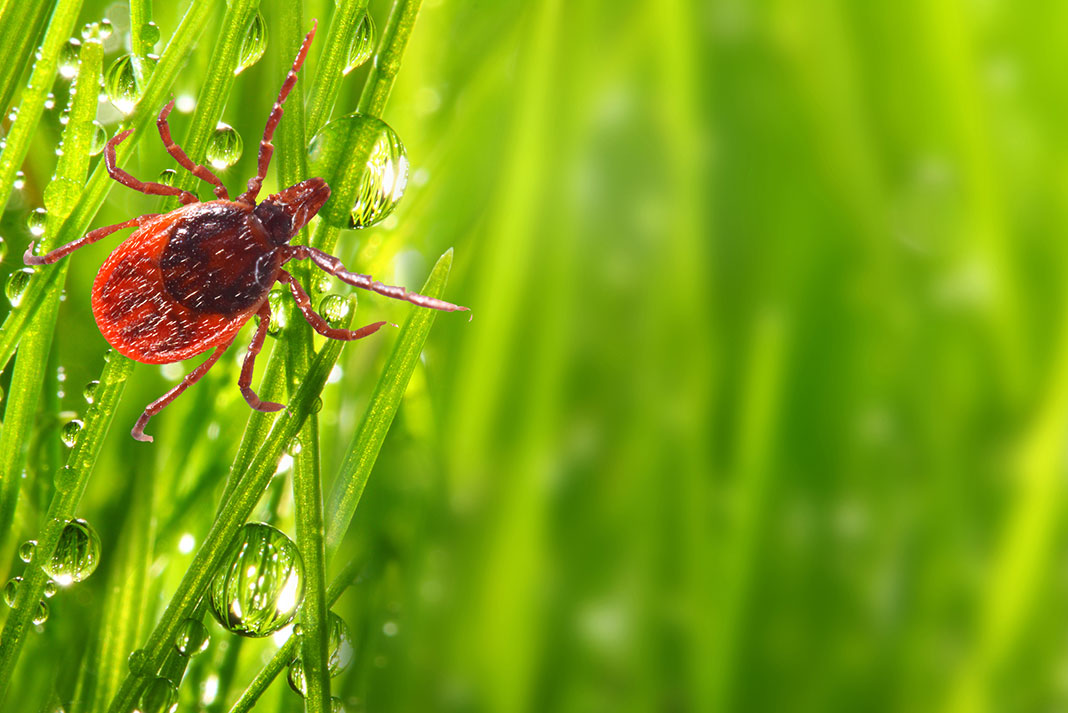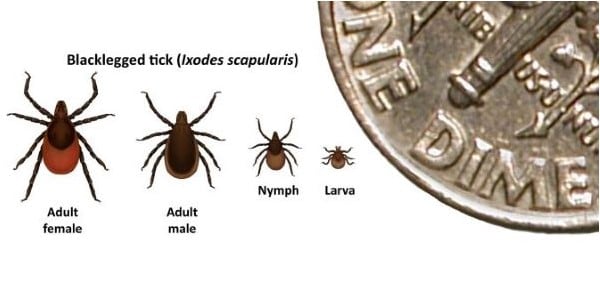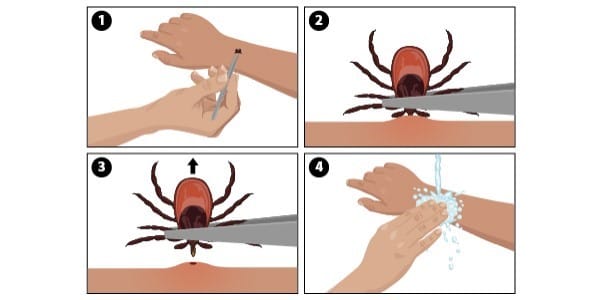"I discovered a tick embedded in my crotch." — Kevin Callan

 paddlingmag.com
paddlingmag.com
So did I, discovering it during this run of Rock Springs in Florida in April 2006:

Three months later I came down with a debilitating fever of tick disease while paddling on this trip in the Cobscook Bay/Machias area in Maine:

The ER doctor at the Machias hospital was unfamiliar with tick diseases but gave me some antibiotics, and my friends drove me back to Connecticut while I slept the entire journey in the back of my van. The symptoms were exactly like the diagnosis of ehrlichiosis that I had received at home a few years earlier from a tick bite on my own property. The debilitation and weakness is so bad that I would contemplate wetting the bed rather than engaging in the Herculean effort of walking six steps to the bathroom. Thankfully, the antibiotics resolved the disease within a week both times.
After the Maine experience, I bought socks, pants and shirt factory-impregnated with permethrin, plus some permethrin to spray on my tent.

Ticks Are Coming To A Campsite Near You. Here's What To Do.
Try these techniques to avoid getting ticked off.
So did I, discovering it during this run of Rock Springs in Florida in April 2006:

Three months later I came down with a debilitating fever of tick disease while paddling on this trip in the Cobscook Bay/Machias area in Maine:

The ER doctor at the Machias hospital was unfamiliar with tick diseases but gave me some antibiotics, and my friends drove me back to Connecticut while I slept the entire journey in the back of my van. The symptoms were exactly like the diagnosis of ehrlichiosis that I had received at home a few years earlier from a tick bite on my own property. The debilitation and weakness is so bad that I would contemplate wetting the bed rather than engaging in the Herculean effort of walking six steps to the bathroom. Thankfully, the antibiotics resolved the disease within a week both times.
After the Maine experience, I bought socks, pants and shirt factory-impregnated with permethrin, plus some permethrin to spray on my tent.





